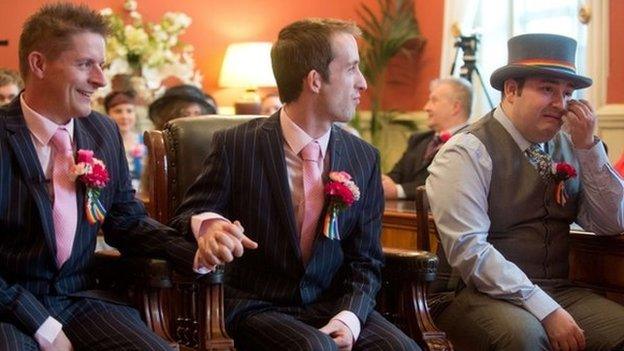Church of England shuns gay wedding canon Jeremy Pemberton row
- Published
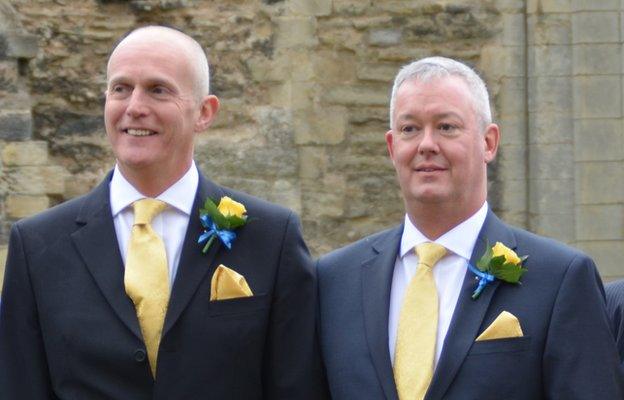
Laurence Cunnington and Jeremy Pemberton married in a civil ceremony
The Church of England has said it will not intervene in the case of the first gay British clergyman to marry.
Following the ceremony in April, Jeremy Pemberton had his permission to work as a priest in Nottinghamshire revoked.
This led to the offer of a chaplaincy with the NHS being withdrawn - although he is still holds a licence and has a similar job in Lincolnshire.
The church, which does not accept gay marriage, said each diocese was responsible for its own decisions.
The acting Bishop for Southwell and Nottingham, the Right Reverend Richard Inwood, revoked Mr Pemberton's permission to officiate as a priest in June.
'Intolerable' treatment
It was confirmed at the weekend an offer to be bereavement manager and chaplain for Sherwood Forest Hospitals NHS Foundation Trust had been withdrawn.
Karen Fisher, executive director of human resources for the trust, said: "Jeremy Pemberton's offer of employment was subject to an approved licence from the Church of England and authorisation from the interim Bishop of Nottingham and Southwell.
"This licence was not granted and regrettably the trust has withdrawn the offer of employment."
Mr Pemberton said he was "very, very disappointed" at the situation and pointed out the church's attitude was "inconsistent", as he was still allowed to work in Lincolnshire.
But a spokesperson for the Archbishops' Council said it would not comment on individual decisions made by diocese.
They added: "The Church of England is made up of 42 dioceses.
"Each diocese is autonomous with the diocesan bishop overseeing and taking a lead in its ministry and mission."
The Reverend Colin Coward, director of Changing Attitude, a group which campaigns for LGBT rights within the Church of England, said: "This treatment of Jeremy is unhealthy and intolerable.
"The two different ways he has been treated by two diocese reflects a deep split in the council of bishops and if the church continues to ignore this it will provoke more anger, of which there is a huge amount already."
- Published3 August 2014
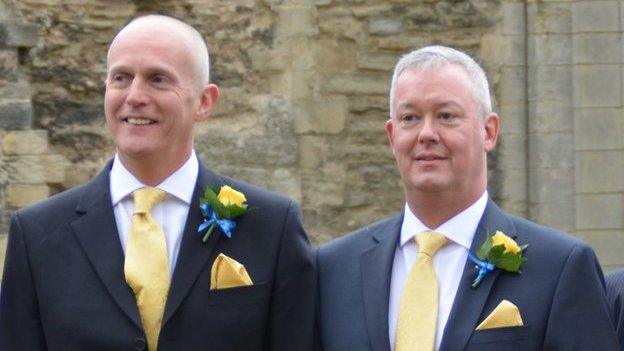
- Published30 July 2014
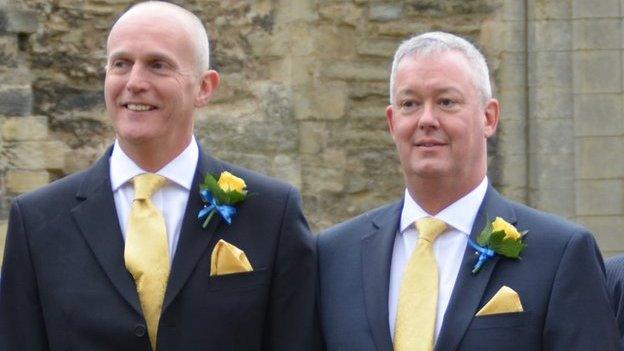
- Published13 July 2014
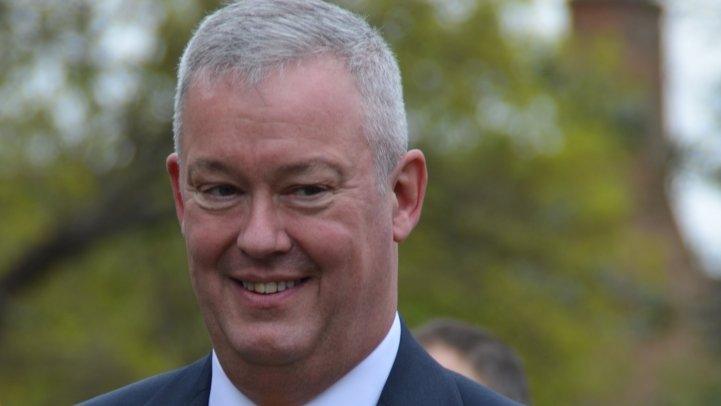
- Published10 July 2014

- Published22 June 2014
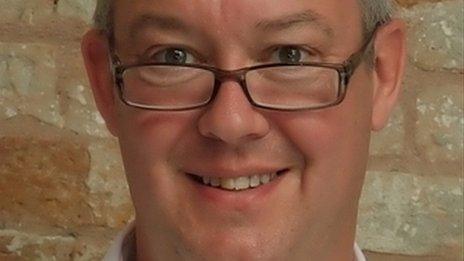
- Published13 April 2014

- Published4 April 2014
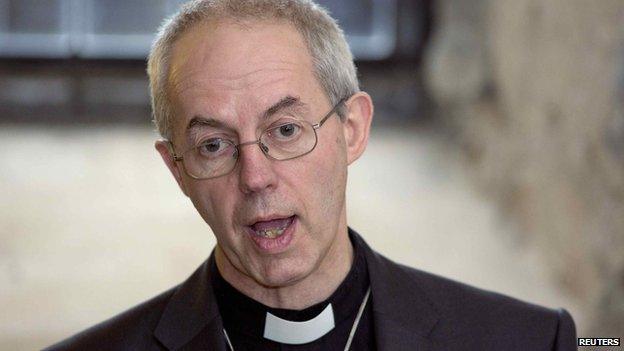
- Published29 March 2014
